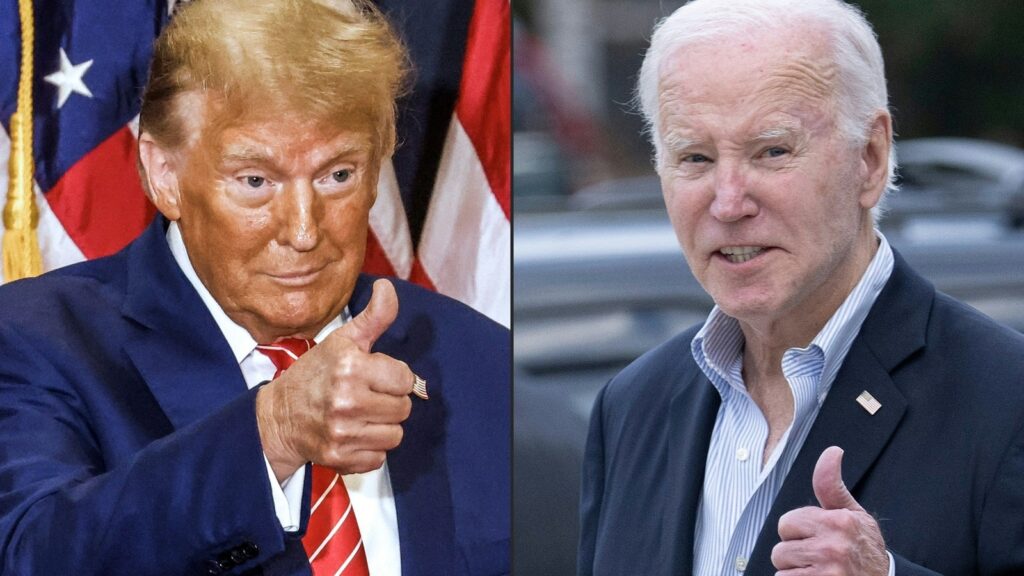So who will win the US election scheduled for November 5, 2024? With a tight race between Joe Biden and Donald Trump, the stock market has proven to be a reliable indicator in the past.
Recent surveys of prominent prediction markets have offered a wide range of probabilities for President Joe Biden's chances of reelection, ranging from just under 38% to as high as 76%.
According to The Economist poll, Trump has a 45% chance of winning, while Biden has a 44% chance of winning.
How to predict public opinion polls
To gain insight into alternative indicators, Mark Halbert conducted an analysis covering a range of economic, financial and sentiment measures, including the U.S. stock market, real GDP, The Conference Board's Consumer Sentiment Index and the University of Michigan's Consumer Sentiment Survey, focusing on year-to-date changes leading up to Election Day.
Of these indicators, only the stock market showed a significant correlation with the likelihood of the incumbent party winning, and that correlation was statistically significant at the 95% confidence level.
Analysis predicts Joe Biden victory
His findings show a clear relationship between the year-to-date performance of the stock market and the likelihood that the current administration will remain in office. He shows that historical data dating back to the creation of the Dow Jones Industrial Average in 1896 supports this correlation.
Based on this historical correlation and the current 5.6% year-to-date stock price-only gain for the Dow, President Biden has a 58.8% chance of being re-elected. If the stock market rises or falls further leading up to Election Day, these odds will adjust accordingly.
Halbert argues that even discounting the ambiguity of electronic prediction markets, it's hard to argue that their track record beats that of the stock market. Limited sample sizes prevent establishing statistically significant patterns. For example, the Iowa Electronic Market (IEM), one of the oldest forecasting instruments, dating back to 1988, has a track record of only nine presidential elections.

